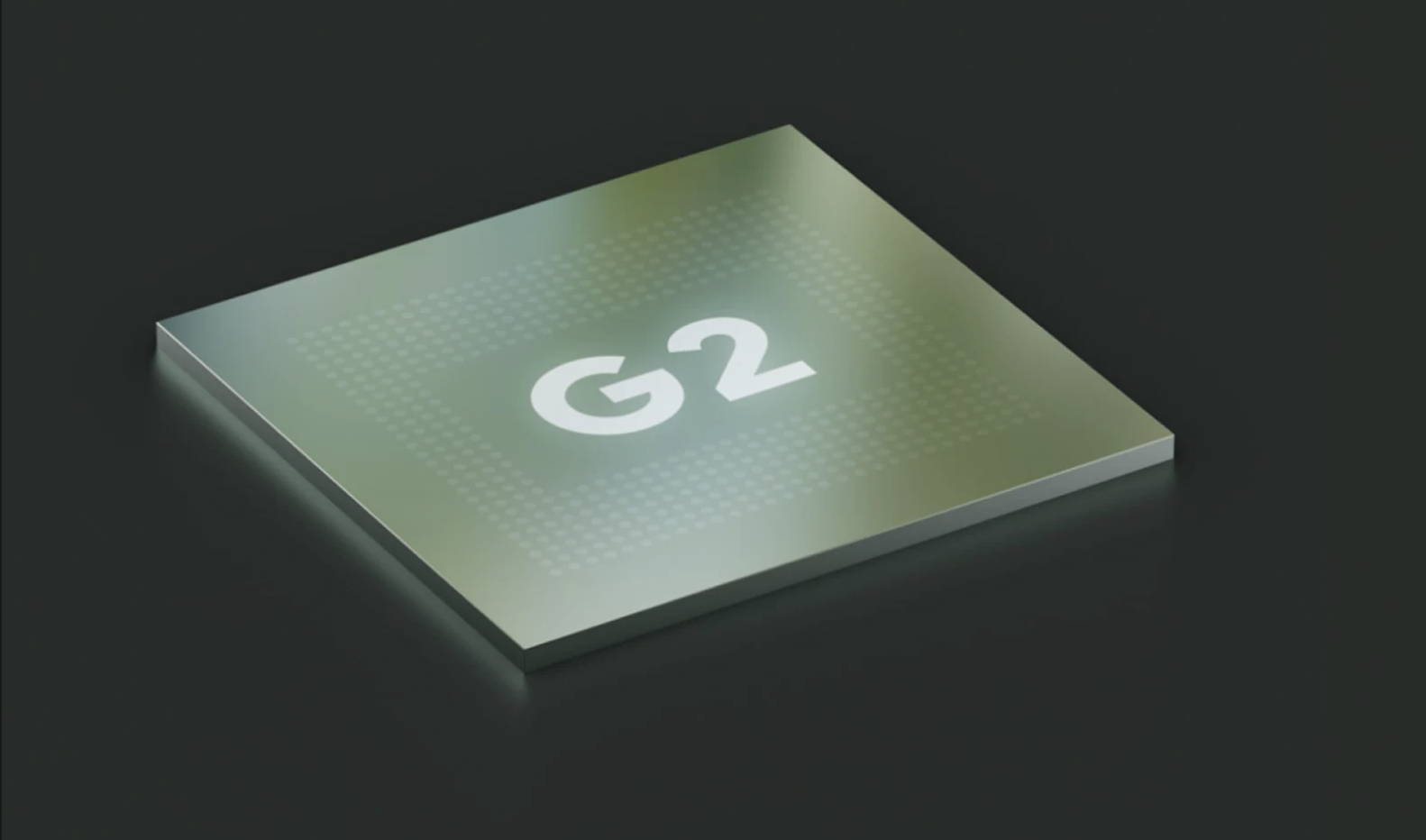Google may have used a ‘different’ Tensor G2 chip for Pixel 7a – Times of India
Notable tipster Kamila Wojciechowska dug inside the kernel logs, finding that the Pixel 7a’s Tensor G2 chip is different from the one powering the Pixel 7, Pixel 7 Pro. The two Tensor G2 chips use different packaging methods.
The Pixel 7a chip uses so-called IPOP packaging versus the standard Tensor G2’s FOPLP-PoP packaging. But, what does it mean? The FOPLP-PoP packaging is a newer method. According to Wojciechowska, IPOP packaging is thicker, larger, and hotter in theory than FOPLP-PoP packaging, as stated on Samsung‘s website.
How does the difference translate into real-world scenarios? There is no absolute word on the impact of the different packaging methods on real-world usage, and the real difference is only known to Samsung and Google.
During our time with the Pixel 7a (review), we did not find any major performance difference between it and the Pixel 7, but there were scenarios when the phone heated a bit, and that could have to do with the thermal limitations compared to the Pixel 7, due to differences in their cooling capabilities. Using the IPOP package could have cost consequences and affect the device’s ability to dissipate heat and overall performance.
While the exact difference might remain a mystery, it is reported that the IPOP might have cost Google a little less than the FOPLP-PoP packaging that it used for the Tensor G2 on Pixel 7. So this could have been done to bring down the costs, keeping the Pixel 7a as affordable as possible.
function loadGtagEvents(isGoogleCampaignActive) { if (!isGoogleCampaignActive) { return; } var id = document.getElementById('toi-plus-google-campaign'); if (id) { return; } (function(f, b, e, v, n, t, s) { t = b.createElement(e); t.async = !0; t.defer = !0; t.src = v; t.id = 'toi-plus-google-campaign'; s = b.getElementsByTagName(e)[0]; s.parentNode.insertBefore(t, s); })(f, b, e, 'https://www.googletagmanager.com/gtag/js?id=AW-877820074', n, t, s); };
window.TimesApps = window.TimesApps || {}; var TimesApps = window.TimesApps; TimesApps.toiPlusEvents = function(config) { var isConfigAvailable = "toiplus_site_settings" in f && "isFBCampaignActive" in f.toiplus_site_settings && "isGoogleCampaignActive" in f.toiplus_site_settings; var isPrimeUser = window.isPrime; if (isConfigAvailable && !isPrimeUser) { loadGtagEvents(f.toiplus_site_settings.isGoogleCampaignActive); loadFBEvents(f.toiplus_site_settings.isFBCampaignActive); } else { var JarvisUrl="https://jarvis.indiatimes.com/v1/feeds/toi_plus/site_settings/643526e21443833f0c454615?db_env=published"; window.getFromClient(JarvisUrl, function(config){ if (config) { loadGtagEvents(config?.isGoogleCampaignActive); loadFBEvents(config?.isFBCampaignActive); } }) } }; })( window, document, 'script', );
For all the latest Technology News Click Here


